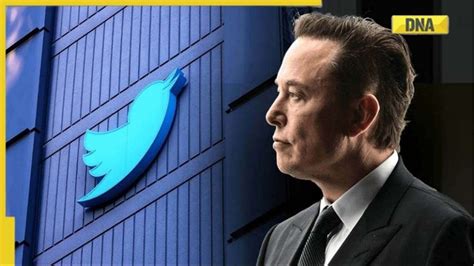Elon Musk recently dropped his high-profile lawsuit against OpenAI and its CEO, Sam Altman, drawing significant attention from the tech world. Musk initially filed the suit, accusing OpenAI of deviating from its mission as a non-profit entity and transforming into a for-profit organization. This move has sparked numerous debates on Musk’s real intentions and what it means for the future of AI and tech partnerships. While the legal skirmish caught many off guard, its conclusion leaves open several critical questions about Musk’s next steps and the dynamics of AI leadership in the industry.
One intriguing angle to consider is Musk’s well-documented penchant for using media to voice his grievances. Comments on the lawsuit across various forums suggest that Musk might have gained satisfaction merely by airing his complaints about Apple’s partnership with OpenAI on social media platforms like X (formerly Twitter). This behavior aligns with Musk’s known strategy of leveraging his massive online following to sway public opinion and rally support. Such actions, though criticized by some as unorthodox or petty, further underscore his tactical approach to dealing with competitors and partners alike. For instance, a commenter noted, “Elon likely got sufficient satisfaction weirdly complaining about Apple and OpenAI’s partnership on Twitter/X yesterday.”
Moreover, discussions have pointed out the potential motives behind Musk’s lawsuit and its subsequent withdrawal. Some speculate that Musk was attempting to carve out a space for Grok, his AI venture, within Apple’s ecosystem. The tech giant has been known for its stringent control over its hardware and software, making it challenging for external AI solutions to integrate seamlessly. A compelling point raised was, “I suspect he was trying to negotiate a place for Grok in Apple’s LLM story… there is now no pathway for Grok to any relevance.” This idea aligns with the broader narrative of Musk maneuvering to keep his AI ambitions alive in an increasingly competitive market dominated by entrenched players like Google, Apple, and Samsung.
The problem of trust and brand alignment was another recurring theme in the commentary surrounding the lawsuit. Multiple users expressed doubt about Apple’s willingness to engage with Musk’s AI ventures, given the contrasting values and public perception issues. One notable comment emphasized, “Elon’s record on trust and safety is not in-line with Apple’s values.” This skepticism isn’t unfounded when considering Musk’s sometimes controversial public statements and actions that could potentially conflict with Apple’s meticulously crafted brand image. Another insightful remark highlighted Apple’s rigorous brand policies, which include not allowing movie villains to use iPhones.
On the other side of the spectrum, Musk’s fans and supporters argue that his contributions to technology through companies like SpaceX and Tesla underscore his potential to revolutionize the AI space. They cite his ambitious projects and high-risk, high-reward approach as evidence of his capability to innovate even in sectors where he initially had little expertise. For instance, a user stated, “He is a constant technical driving force… We would not have reusable rockets right now without Musk.” This defense often brings to light the tension between Musk’s undeniable achievements and the negative public relations he occasionally garners through his contentious remarks and business strategies.
Interestingly, the debate also extended to the ethical trajectory of AI development. Critics of OpenAI’s transition from a non-profit to a for-profit entity argue that such a shift could compromise the original mission to ensure that AI benefits humanity broadly and equitably. This shift is particularly palpable in the context of lucrative deals with major corporations like Apple and Microsoft. The notion that OpenAI might prioritize profit over public service resonated with many who lamented the commercialization of what was once seen as a noble venture. Comments such as, “OpenAI went from a company with noble aspirations to just another sketchy big tech company,” encapsulate this sentiment.


Leave a Reply